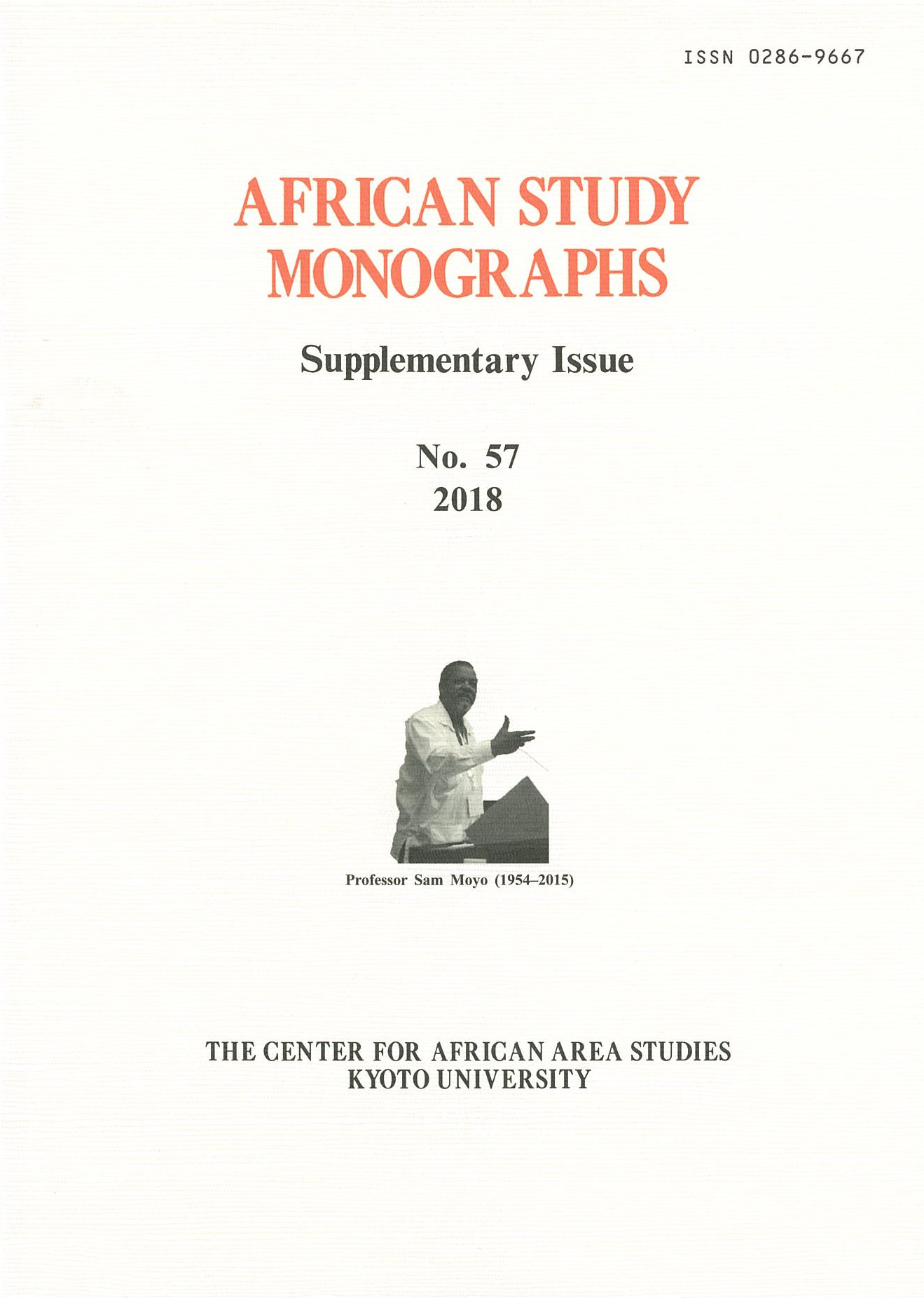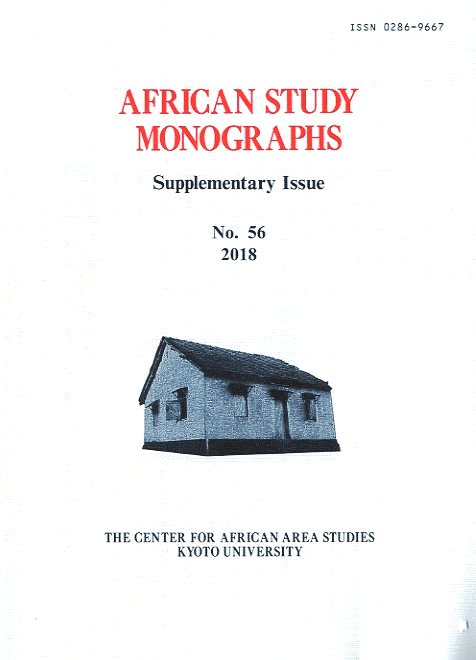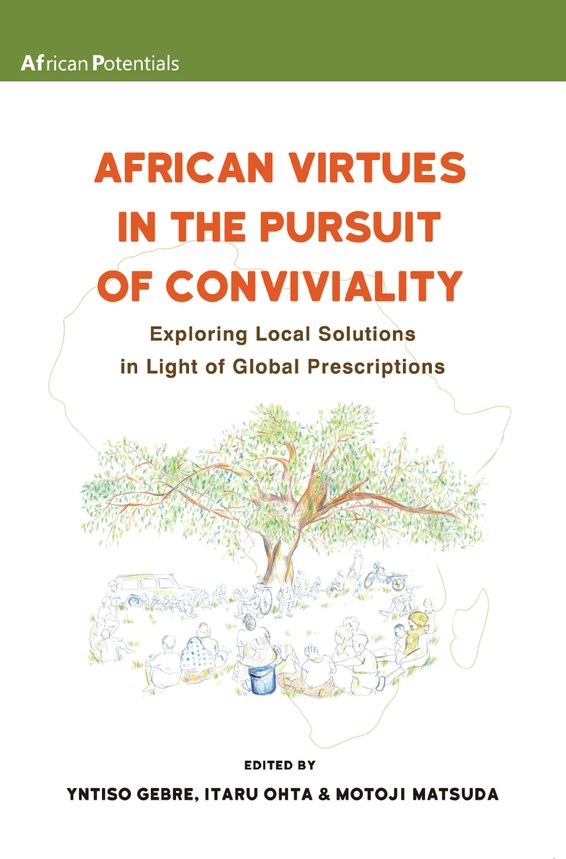Date and Time: November 3, 2018; (Saturday), 14:00 – 17:00
Venue: Large Meeting Room, 3rd Floor, Inamori Foundation Memorial Hall, Kyoto University
At the beginning, the secretariat announced the following five points:
1) Outline of the Africa Forum
2) Details on support for next-generation research
3) Foreign invitees to the Kyoto Symposium have been finalized
4) Activity updates (ASM special issue, World Social Science Forum, Kyoto Academic Day, etc.)
5) Upcoming activities
After the announcement, Motoji Matsuda explained the intentions of “the eighth Africa Forum (also called the Accra Forum)”, which would be held in Accra, Ghana, from December seventh to December ninth. Then, four Japanese speakers presented their research and held question and answer sessions. The names of these presenters, the titles of their works, and the outlines of their presentations are recorded below:
MC: Itaru OHTA (Kyoto University)
Speaker 1: Takuo IWATA (Ritsumeikan University)
Title: Political Satire and Comedy in Africa
The presenter reported how satire and comedy in Africa reflect and influence actual politics. Satire and comedy are “politics from the bottom” which can be found even in harsh political situations. They enable people in weaker positions in society to feel a sense of political superiority, if only fleetingly. Differences in the political situations of Benin, Togo, and Burkina Faso are reflected in each nation’s satire and comedy. The satire and comedy platform called “Republic of Gondwana” has been shared, especially in French-speaking Africa, through media and the Internet. Finally, the presenter discussed that proving causal relationship on how the satire and comedy changed the politics is challenging, but still they have some effect such as lowering awe to authority.
Speaker 2: Hiroshi SAKUMA (Tokyo University of Foreign Studies)
Title: The Potential of Debts That Cannot Be Paid
After pointing out that there are not only financial debts but also social debts, the presenter demonstrated dynamics related to social debt which cannot be explained only by financial motivation for maximizing profits with an example of his experience when he called four of his former assistants in Niamey, the capital of Niger. After the former assistants parted with him, they conveyed their strong complaints to him through third-person parties. They sought to create a situation where they could minimize their own debt while maximizing the other party’s debt to them, rather than seeking simply to maximize profit. Even financial debt, which should be precisely measurable, can be transformed into social debt, which cannot be measured or paid. He concluded that, for this reason, such debt should not be paid back in full in order to maintain relationships.
Speaker 3: Gen YAMAKOSHI (Kyoto University)
Title: Conservation of the Bush of Ghosts: Conviviality in Guinean Anthropogenic Landscape
Francis Nyamnjoh used “Palm Wine Drinkard” by Nigerian writer A. Tutuola as a metaphor of the heterogeneity of African potential. The presenter outlined the novel, focusing on its ecological description of the landscape. Based on this outline, the presenter drew on case studies he had conducted on wild chimpanzees in the forests of Guinea to give a detailed explanation of the abundant potential of man-made ecology where human livelihood and wild animals cross. Then, he suggested a way to discuss convivial African potential from an ecological perspective.
Speaker 4: Shoko YAMADA (Nagoya University)
Title: “Dignity of Labour” for African Leaders: The colonial roots of education and the pendulum between liberal and vocational education in post-independence Ghana
The presenter discussed how education policies were formed in the British Gold Coast during the interwar period and analyzed the discourse around these policies. The interwar period was a time when the demand for education in colonies rose as public investments increased. As such, during this time the education policy of the colonial authority partially reflected varied ideologies and phraseologies, picked up through discussion with missionaries, American philanthropy organizations, and academics. Among those was included the progressive education model that put emphasis on experiences, the model for freed black slaves in the US, and the public school model that valued morality and educational environment. She discussed how education policy has swung like a pendulum between liberal and vocational educational models due to the aforementioned historical development of education policies.
Gen Yamakoshi / Shuichi Oyama / Misa Hirano-Nomoto / Shinichiro Ichino



